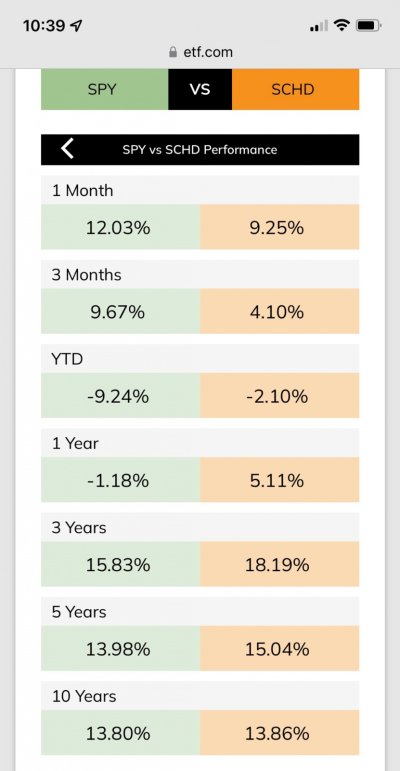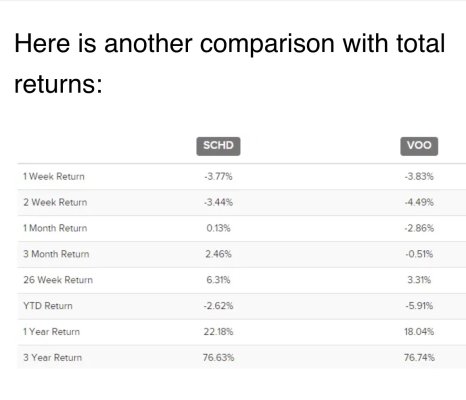- Joined
- Apr 14, 2006
- Messages
- 23,230
I have owned Altria for a very long time, though not as large a position as the OP. I recall that the dividend was cut by 60% during the Great Recession of 2007-09. While I enjoy receiving that currently fat dividend every quarter, my retirement plans do not require it, and I don't count it as "income", just an increase in my portfolio value. I only count as "income" our pensions and social security.



